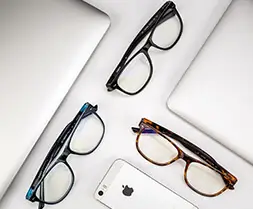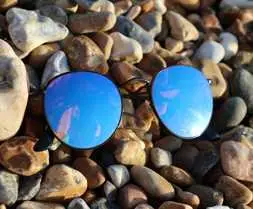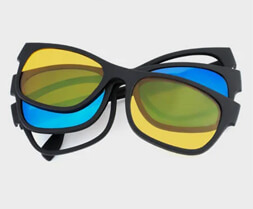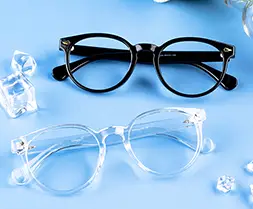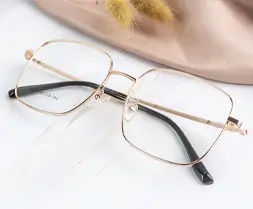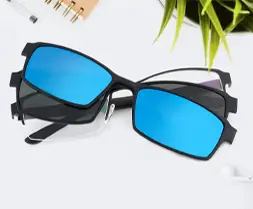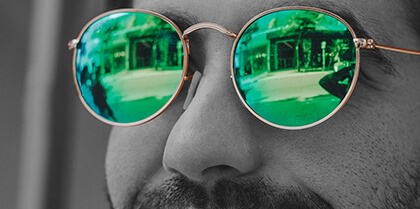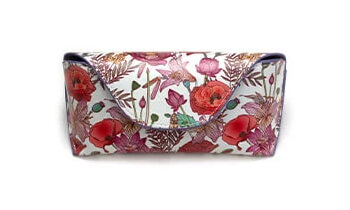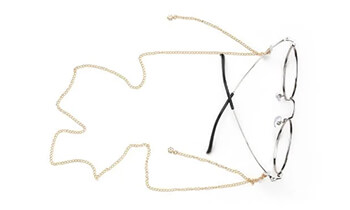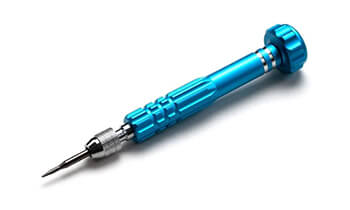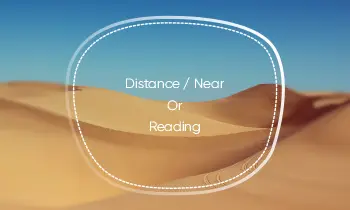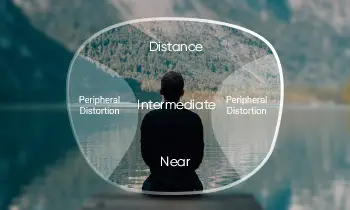"Every day when you get up the first sentence, first give yourself a gas to encourage," but when you have a look in the mirror ... Two eyes swollen like a basketball, really too affects the mood. Many people have such confusion; almost every day, wake-up eyes are puffy. A small thing like puffy eyes can affect the beauty level, sometimes the swelling of the eyes affects the vision. Why are your eyes swollen? What are the ways to reduce the swelling of the eyes?
Why are your eyes puffy?
Eyes are particularly prone to swelling because the eyelid skin is very thin and the subcutaneous tissue is very loose, so water from the body tends to be trapped in the eyelid, resulting in edema ~ but there are actually many types of causes. According to medical science, it is mainly divided into physiological edema and pathological edema.
Pathological edema, too, can be divided into inflammatory and non-inflammatory natures. How can we recognize them?
Most inflammatory cases are associated with redness, swelling, pain, and discharge. For example, if you wake up early in the morning with a lot of eye fluid and your eyes are red and swollen, you probably have an inflammatory eye condition, such as conjunctivitis, blepharitis (wheals), and blepharitis.
Non-inflammatory eye edema may be due to eye allergies, lid skin edema from insect bites, or may be related to systemic disease. Kidney disease, hyperthyroidism, heart disease, and other systemic problems can be reflected in the eyes, leading to edema.
Physiological eye edema is temporary and has a lot to do with diet and rest habits. For example, staying up late and not resting well, drinking too much water before bed, and liking to eat very salty objects at night can affect the blood circulation system, causing the body to be too late to drain out the excess wastewater and produce swelling and puffiness.
Specific physiological edema can include the following
1. Women's menstrual edema
The most common physiological edema is female premenstrual swelling. Some women may have swollen eyes before menstruation, which may be related to the secretion of estrogen; it will subside on its own after menstruation and does not require special treatment.
2. Drinking too much water before bed
Some people like to drink water before bed, which may lead to sodium and water retention that cannot be eliminated in time, resulting in eyelid edema in the early morning.
3. Crying
Some women like to cry. After painful crying, the osmotic pressure of tears is high, and the pressure outside leads to the extravasation of fluid from the blood vessels into the subcutaneous tissue. The lax skin near the eyes is prone to eyelid swelling, especially after prolonged tearing or rubbing the eyes with tears, and edema is more likely to occur.
4. Staying up late
Staying up late can also cause puffy eyes and dark circles, so people who love beauty should not stay up too often.
5. Sleeping posture problem
Some people like to sleep on their stomachs, which will lead to the skin and blood vessels around the eyes being compressed and causing edema due to poor circulation; the correct sleeping position should be to sleep in the side position.
Ways to eliminate puffy eyes
Knowing the reasons behind the puffy eyes, let's see, what can be done to reduce the swelling of the eyes?
Generally speaking, physiological edema itself has a recovery process. If you get up in the morning and your eyes are swollen like a big grape, they may gradually disappear after two or three hours. Here are a few quick ways to reduce swelling
A. Ice + egg
You can wrap some ice cubes in a towel or soak some cold water for 3-5 minutes, and after a while, put a boiled egg, let it cool, peel the skin and roll it on your eyelids. The correct practice is to alternate between cold and hot compresses. Use a hot towel and a cold towel (which can be soaked with ice water) on the eyes; in turn, the symptoms of puffy eyelids will disappear quickly.
B. Cucumber
Cucumber has the effect of skin tightening to eliminate puffiness; the cucumber washed and sliced, cold weather cucumber will have a cold feeling, so do not need to be refrigerated, it will be cut into the thin skin of the cucumber on the eyes, ten minutes after oh take off and wash can be.
C. Frozen milk cold compress
Soak a cotton ball in frozen milk, take it out, and put it on your eyes for 5 minutes, then lay two slices of pear or pineapple on your eyelids; it will make your eyes swollen and make them brighter.
D. Iron spoon ice compress
Suppose you feel trouble with hot and cold compresses. In that case, you can take an iron spoon and put it in the freezer beforehand, and then take it out a few hours later to apply ice to your eyes from the inner corner of your eyes to your temples, which can relieve the swollen eyes from crying.
E. Saltwater for eyes
Put a teaspoon of salt in 500 ml of warm water (40° is fine) and mix it well. Soak the gauze in the salt water and let it fully absorb the salt water. Afterward, fold the gauze appropriately and put it on your eyes for 20 minutes.
If the eyes are swollen, it is recommended to adjust the work and rest light diet. If the situation improves, it is generally physiological edema. If there is no improvement, you should go to an ophthalmologist to take a look and rule out pathological edema.



